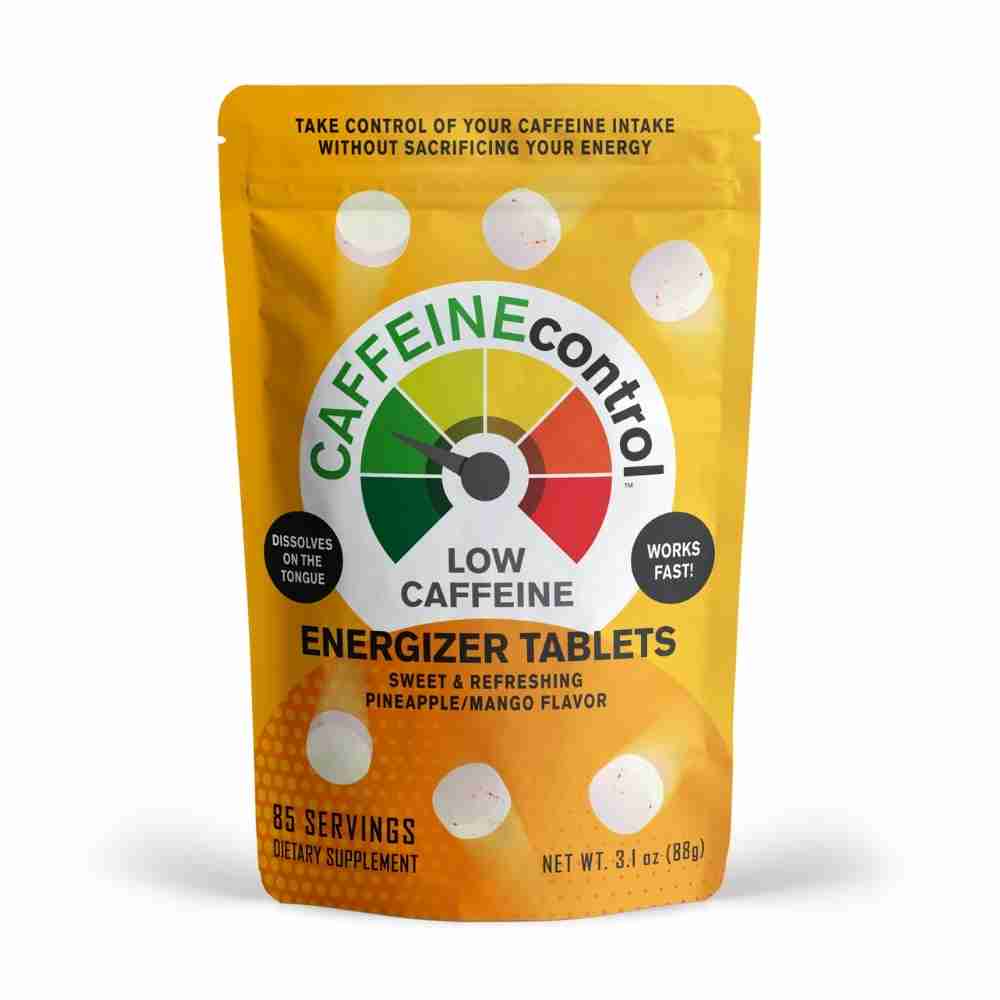
Is Decaf Tea Safe Or Dangerous?
Decaffeinated tea, also known as decaff or decaf tea, is tea that has had most of its caffeine removed. This is not to be confused with teas that are naturally caffeine free like chamomile varieties.
So if there are teas that are naturally caffeine free, why would anyone even bother to make a decaf tea? That’s easy: taste.
I’m personally fond of the taste of black teas: English Breakfast, Earl Gray, Irish Breakfast Tea, among others. But those blends are popular as breakfast teas because they have about the same caffeine as a cup of coffee (depending on the blend and how it is brewed).
If you like the taste of the black (or green) tea blends, but don’t want all that caffeine, there are decaf tea blends to help you out.
But how exactly do they turn a caffeine tea into a decaf tea? The decaffeination processes are diverse, ranging from ones that are dangerous and have been made illegal, to ones that are totally safe and pose no health risks. At least one of the processes in use today involves a probable carcinogen. Each process also impacts on flavor, so it is important to know about each process if you are interested in buying decaffeinated tea.

The Processes To Create Decaf Tea
- CO2 / Carbon Dioxide – CO2 decaffeination utilizes highly compressed carbon dioxide gas creating the gas to become fluid under pressure. CO2 is safe and is effective at removing caffeine. The CO2 process is good at preserving flavor, however, its main downside is that it is expensive so it is not always the first method to be employed.
- Ethyl Acetate – Ethyl acetate is a naturally occurring compound, most common in fruit but also occurring in small concentrations in tea leaf itself. It is completely safe at the levels in which it remains in the tea after decaffeination. While this process is inexpensive, it does have a negative impact on the flavor profile so while it might be more popular from a manufacturing standpoint, the product quality is not the best.
- Methylene Chloride / Dichloromethane – Methylene chloride, also called dichloromethane, is effective at extracting caffeine while also maintaining a positive flavor profile but has a big negative: it is a probable carcinogen and is toxic in large concentrations. It is also legal for use as a decaffeination agent in the United States. That is probably why companies using this process generally do not announce it due to the negative public perception of this chemical.
- Benzene – The original decaffeination processes instituted in the early 1900’s used benzene as a solvent but this process has been banned and discontinued long ago due to health risks.
- Trichloroethylene – Another organic solvent that has been banned and discontinued for use in decaffeination, trichloroethylene was abandoned after it was found to cause liver tumors in mice.
In summary:
Decaffeination is not without risks to your health or the flavor of the beverage. While natural versions of caffeine-free tea are available, they will not have the same flavor profile of caffeine teas. The balance between flavor, caffeine and health is difficult to determine because decaffeination of tea requires the processing of the leaf and most manufacturers are not transparent in their processes.
Reducing Caffeine Can Be Easy
Cut back on caffeine without caffeine withdrawal or brain fog.
Faster and easier than anything you tried before.
Learn more at https://caffeinecontrol.com

Quitting caffeine does not have to mean suffering through headaches, feeling irritable, or moody.
It doesn’t even have to mean giving up coffee!
We’ve taken a more effective approach to energy: a sweet low caffeine candy that dissolves on the tongue that skips digestion, so caffeine works 10x faster than coffee, energy drinks, or even caffeine pills. By delivering a microdose of caffeine super fast, CAFFEINEcontrol lets you reduce caffeine while getting the improved energy and focus you need to get things done. You can quickly and easily kick caffeine addiction to the curb — without caffeine withdrawal!
Pingback: Caffeine & Stress: Kill Stress Just By Reducing Caffeine